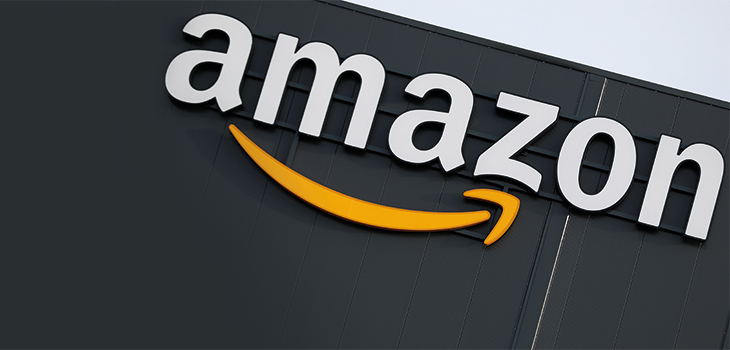
You don’t have to be a statistician to know that the pandemic has transformed our shopping habits. Perhaps forever. The closure of physical stores during lockdowns in response to COVID-19 forced a nation of voracious consumers (of the necessary and not so necessary) onto online shopping platforms, supercharging our use and their profits.
Yet, the ‘Peter Parker principle’ states that with ‘great power comes great responsibility’. There is little doubt that online platforms now wield even more power over consumers in terms of what, how and when we buy. The more vexing question for regulators, consumer advocates and those adversely affected by products purchased through online platforms, is how to balance this great power with appropriate legal responsibilities.
The issue of ‘platform’ accountability is not entirely new for US lawmakers: a series of cases filed even before the pandemic against Amazon involve a range of products, including flammable hoverboards (Fox v Amazon.com, Inc., 930 F.3d 415 (6th Cir. 2019)),











